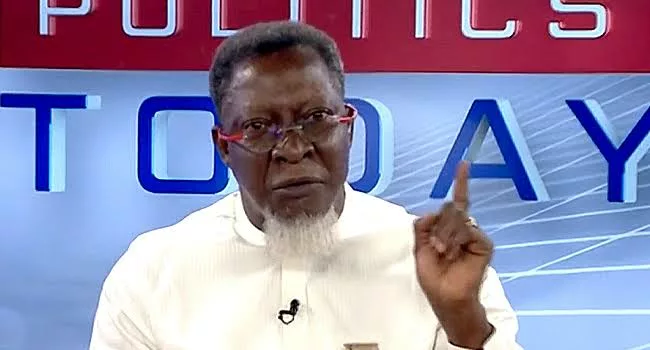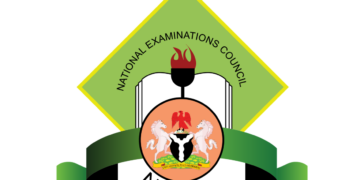The recent suspension of accreditation for degrees from the Republic of Benin and Togo by the Nigerian government has sparked debate about the responsibility of individuals pursuing dubious qualifications, with a former National Universities Commission (NUC) Secretary, Suleiman Ramon-Yusuf, declaring that Nigerians acquiring such degrees are “clear-headed crooks,” not victims.
Ramon-Yusuf made this statement when he appeared on Channels Television’s Politics Today on Tuesday. His strong statement follows a revelation of the ease with which some have allegedly acquired degrees in these countries, with one investigative report detailing a degree obtained within two months.
Mr. Ramon-Yusuf argues that this system benefits Francophone countries financially while hindering Africa’s progress towards educational unity, citing the continent’s earlier efforts at mutual recognition of certificates.
He said, “Many of these francophone countries have benefited so much from the dubious degrees they give to Nigerians and that is why Africa cannot achieve the same level of mobility that people enjoy in Europe under the Erasmus programme.”
However, he doesn’t shy away from placing responsibility on individuals seeking these degrees. He stressed that many knowingly choose this route due to challenges in Nigerian university admissions, often lacking basic qualifications or failing entrance exams. He characterizes them as “shopping” for bogus institutions to obtain bogus qualifications.
He said, “There is no victim, all those people with these certificates are clear-headed crooks who knew what they were paying for because some of them are people who cannot pass the UTME, and some do not have five O-level credits.
“So they go shopping for these bogus institutions where they get their bogus qualifications from.”
While acknowledging the government’s suspension, Dr. Ramon-Yusuf urged deeper solutions. He called for collaboration with affected countries to establish robust quality assurance agencies, stressing the need for national standards across Africa.
He also advocated for the NUC’s involvement in any investigation, given its expertise in Nigerian education quality.
He said, “We need to do more than that because this is not the first time this matter is coming to the fore. Now, we need to do something different. Many of these francophone countries don’t have national quality assurance agencies.”











